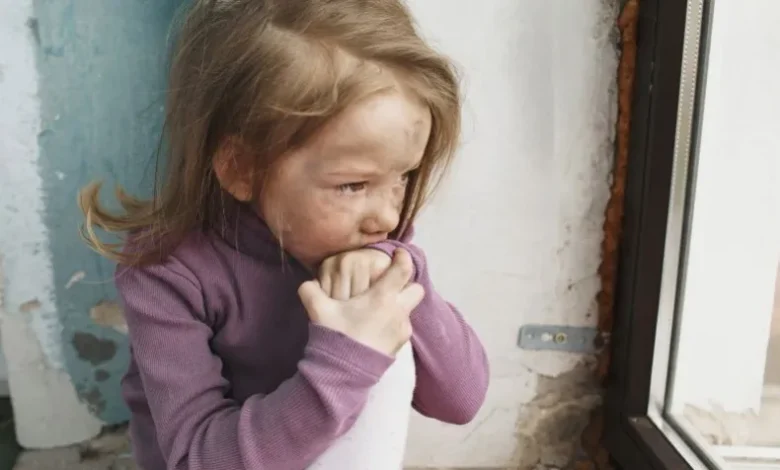Who and how can obtain the status of a child affected by hostilities?

With the beginning of a full-scale war in Ukraine, children were among those who constantly suffer its consequences. Shelling, occupation, running away from home, loss of relatives, staying in shelters, stress and forced displacement – all these create situations that harm both the physical and psychological state of the child. Legislation gradually responds to this reality, fixing the possibility of legally recognizing a child as a victim of war. In May 2025, the Verkhovna Rada adopted amendments to Article 30-1 of the Law “On the Protection of Childhood”, according to which the grounds for obtaining the status of a child who suffered as a result of military operations are formulated more clearly.
What are the changes to the law
Amendments to Article 30-1 of the Law “On the Protection of Childhood” change the mechanism of granting the status of a child who suffered as a result of hostilities or armed conflict. The improvement is that now this status can be obtained not only by children with physical injuries, but also by those who have experienced other forms of impact of war: witnessed violence, lost their home or were forced to leave their place of residence.
In addition, the law eliminates previous discriminatory practices that limited the recognition of such cases. As a result, the circle of children who can apply for the corresponding status is expanding. The law also defines the bodies that can grant this status and regulates the application mechanism.
What does the status of a child affected by war mean
The status of a child injured as a result of hostilities or armed conflict certifies that the child has become the object of a traumatic experience directly related to the war situation. It is about the official recognition of facts, which may include:
- physical or sexual violence;
- kidnapping or illegal transfer outside Ukraine;
- detention or restriction of freedom;
- psychological violence;
- other actions or circumstances arising as a result of hostilities.
Having this status opens up access to a certain list of social guarantees — in particular, free meals in educational institutions, rehabilitation, and psychological support. It can also be the basis for further receiving assistance from the state or international organizations.
Who has the right to apply for the status of a child who suffered as a result of military operations
An application for status can be submitted by:
- one of the legal representatives of the child (parents, guardians, adoptive parents);
- the child himself, if he is over 14 years old;
- other relatives;
- representatives of the guardianship and guardianship authority;
- other persons who have such a right by law.
Together with the application, copies of documents certifying the identity of the child and the applicant, documents on family ties (if the applicant is not the child himself), consent to the processing of personal data, as well as any materials that can confirm the fact of injury are submitted. These can be references from medical or social services, psychologists, witness statements, or information from educational institutions.
Where the application is considered
The guardianship authority has the right to grant the status. The place of application may be different:
- the place of registration or declared residence of the child (including the address as an internally displaced person);
- the child’s actual place of stay at the time of application, if his registered address is in a war zone or temporarily occupied territory;
- the place where the child was found by executive authorities or local self-government bodies, for example during evacuation.
This allows you to submit an application even in cases where the child does not have a stable registration or his home is destroyed or inaccessible.
The case of deported children
Particular attention is paid to children who were forcibly taken to the Russian Federation or kept there without the consent of their parents. The Ministry of Justice has an interdepartmental commission that examines similar cases. Its competence includes recording the facts of deportation, as well as legal support for the return of such children. This line of work involves collecting evidence, cooperating with international partners, and responding to requests from relatives.
War-affected child status is a mechanism for documenting war-related violations of children’s rights. It does not automatically solve all problems, but it creates a basis for further support. The law details the procedure, defines the responsible bodies and the circle of persons who can apply. This allows not only to establish the facts, but also to start the process of assistance – within the limits of the possibilities that currently exist.





